East Texas is often praised for its philanthropy and service-centered organizations, boasting nearly 1,000 nonprofit organizations out of Tyler alone. Those offering services with social workers have been forced to seek employees with training from elsewhere, until now.
The University of Texas at Tyler has a new discipline among its offerings. The UT Tyler School of Social Work opened this semester, on track to receive accreditation at the bachelor’s level. Thereafter, the School of Social Work plans to offer a Master’s of Social Work to students.
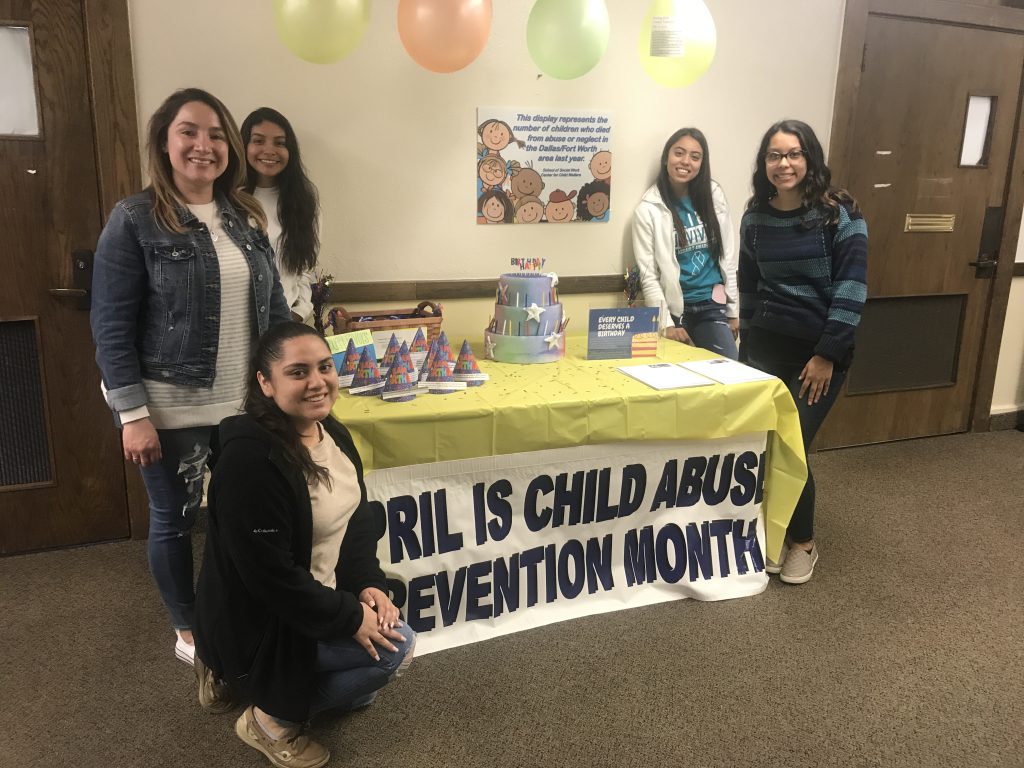
Rich Kenney, UT Tyler Social Work program director and professor of practice in social work, said the process began last year. “Ericka [Freeman] and I both were hired September of 2020.
“In that first year, we were quite involved with the accreditation process, the recruitment of staff, promoting the program and developing the curriculum,” he said. “We hope to provide a really supportive program to our social work students at UT Tyler, in the East Texas community.”
Freeman, a licensed clinical social worker, associate professor of practice and director of the field program, said Neil Gray, The College of Arts and Sciences Dean, led the charge in bringing the School of Social Work.
Freeman said the school has hopes to grow and retain local social work practitioners. Freeman said having a local social work program can make a difference across institutions in a community.
“Areas where there is a higher education institution that offers a social work degree, those communities utilize social workers more readily and understand their function a little better because they’re more active and involved in their community,” she said.
Freeman said the Tyler Independent School District is an example of an institution that does not currently utilize social workers. “The community maybe has needs for social workers, but just doesn’t know how to utilize them because of lack of social workers in this area, or lack of knowledge about it.”
But UT Tyler’s School of Social Work could change that. “[Tyler ISD] doesn’t have any social workers within their schools for any kind of crisis counseling or for resource management. They utilize counselors, who provide testing assessments and facilitate some learning needs, but it’s really focused on how the student is performing in the classroom,” said Freeman.
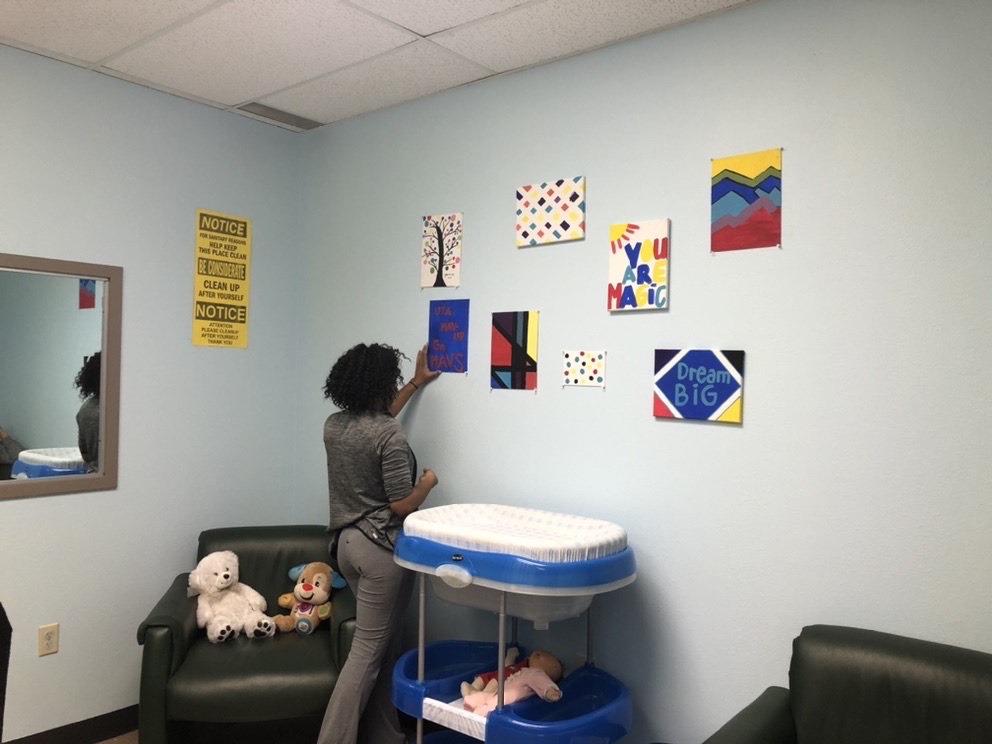
Instead of a students’ ancillary needs being referred out, in-school social workers could “be employed by the school district to address those environmental needs and go into the homes and work with the families,” said Freeman.
Additionally, having a local social work program is appealing for students to avoid long commutes or moves away from home. Tyler organizations needing social workers have often drawn heavily from neighboring areas with social work programs, especially Stephen F. Austin University, Texas A&M Commerce and The University of Texas at Arlington.
“East Texas has not had a social work program in the Tyler area,” said Kenney. “The commute has been fairly significant. And what I hear from most of our students is that they’re relieved that they can stay right here in town and get to go to school. So that’s a real plus that convenience.”
Freeman explained social work’s unique lens. “At the core is the importance of human relationships and the dignity and worth of every human.
“It’s the nitty gritty, the dirty work, but a lot of people find joy in social work. So it’s about time we have it here in Tyler,” said Freeman.
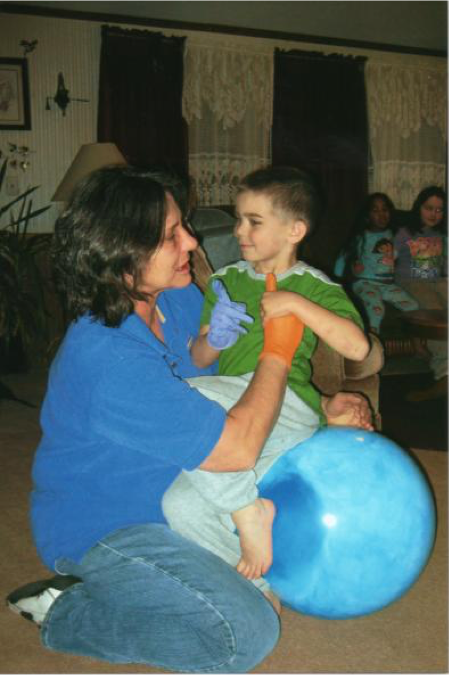
Freeman said East Texas holds multiple areas where social work could be impactful. “There’s so many opportunities and uses for social workers in a healthcare setting.
“Nurses are extremely important, but so are social workers in terms of what happens to the patient when they leave, what happens with the family. I’m really hoping when social workers graduate, they stay in this area. There’s a lot of gaps in resources such as the homeless population,” she said.
Freeman said social workers focus on who is most vulnerable. “Usually it is people who are oppressed either financially because of ethnicity and race opportunity; women, especially single households, that are usually headed by women,” she said.
Freeman said many of her students are attracted to the profession because they were helped by a social worker in the past. She encourages her students to reflect deeply on themselves when considering what social work will entail.
“It’s really important that they explore their biases and prejudices and really dig deep into their families of origin to find out if social work is a good fit for them. It’s not a good fit for everybody. Some people cannot put some really ingrained beliefs aside to be what it takes to be a social worker.
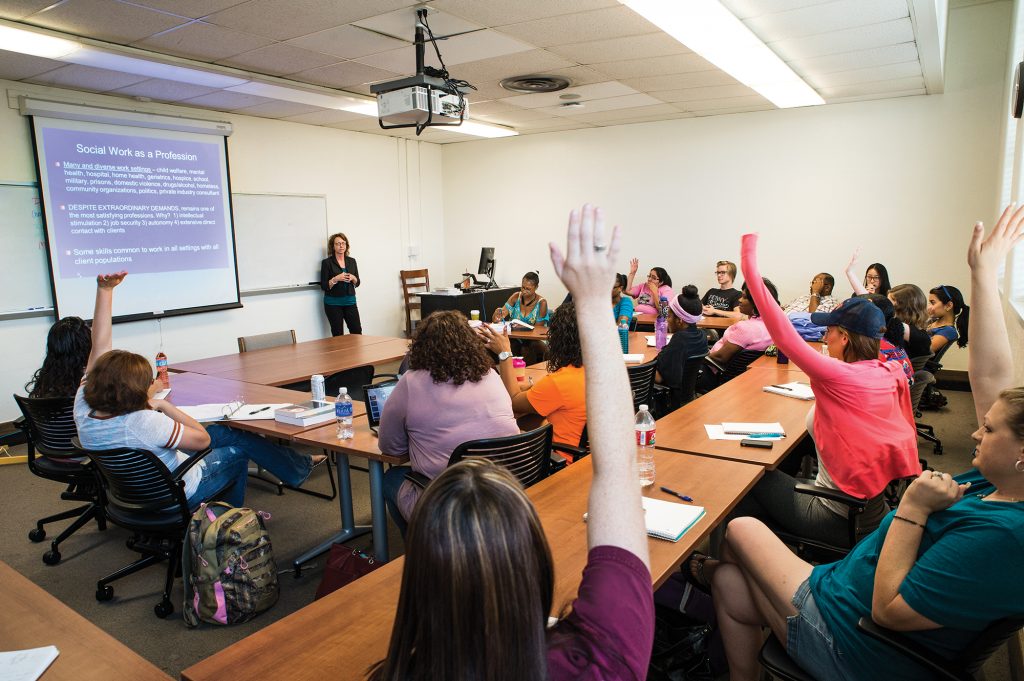
“It’s just woven throughout the curriculum, that they are not only learning about social work, but they’re learning about themselves. It’s extremely important that they gain that insight. ‘What will I do if this happens? How can I put my personal beliefs aside to help this client?’ Because it’s not about me, it’s about them,” said Freeman.
Near the end of their studies, social work students will engage in field work.
Kenney said students will work between 27-35 hours a week at an agency the spring semester of their senior year. “We will have students actually working in some of the school systems. We will have students working in a hospital. With the UT Tyler and the Health Science Center merger, that’s a real plus,” said Kenney.
Ultimately, the field work prepares the students for the types of work they can join after graduation.
“This is where the rubber hits the road,” said Freeman.
“This is where they get to find out and say, ‘Oh yes, I can do this,’ working with the client, seeing children who have experienced extreme trauma and abuse, working with adults who have experienced interpersonal violence and going into homes where there’s roaches and clutter and unsafe environments, et cetera,” said Freeman.
“The goal is to have prepared them to where they know that this is what they want to do, and this is a good way for them to get some hands on experience.”
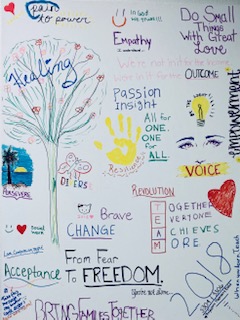
Freeman and Kenney said The Child Advocacy Center in Tyler is an important partner organization. Freeman also mentioned the 1 in 3 Foundation, East Texas Crisis Center, foster care agencies, Child Protective Services and the Alzheimer’s Alliance.
Freeman said she would like to see more men join UT Tyler’s School of Social Work. “I would like to see more men coming into it. I have one male student out of 50 that have decided to declare their major is social work,” she said.
Kenney is confident the school will produce a quality product to enrich students and the organizations in which they make their careers.
“The long-term, of course, is to produce students who will make an impact in the field of social work. I believe that our content can help them develop those skills that will help them to be the best possible social workers.”
In its next installment of the series, The Tyler Loop will highlight some Tyler organizations where social workers play a vital role.
Love what you're seeing in our posts? Help power our local, nonprofit journalism platform — from in-depth reads, to freelance training, to COVID Stories videos, to intimate portraits of East Texans through storytelling.
Our readers have told us they want to better understand this place we all call home, from Tyler's north-south divide to our city's changing demographics. What systemic issues need attention? What are are greatest concerns and hopes? What matters most to Tylerites and East Texans?
Help us create more informed, more connected, more engaged Tyler. Help us continue providing no paywall, free access posts. Become a member today. Your $15/month contribution drives our work.







